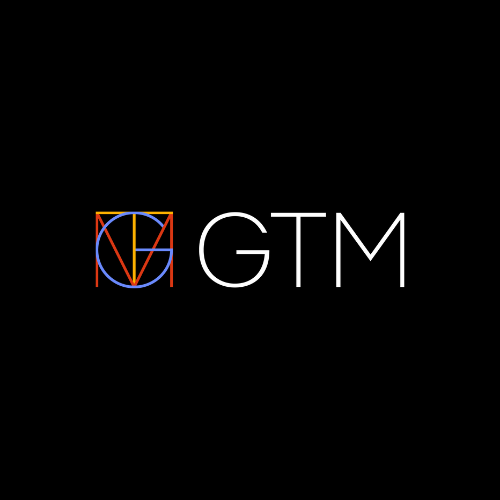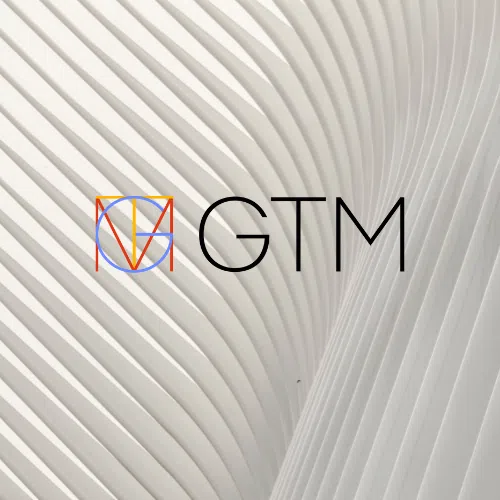On July 28, the IRS and Treasury released Final & “New” Proposed Regulations relating to business interest expense limitations under §163(j). In certain respects, the final regulations have largely retained the general framework outlined in the 2018 proposed regulations; however, there are some distinct deviations from the 2018 proposed regulations which exist in this latest package. In areas where significant departures from the 2018 proposed regulations exist the IRS and Treasury have released “New” proposed regulations addressing such changes and have requested public comment. The final regulations have added some new definitions while revisiting previously established definitions contained in the 2018 proposed regulations based on public comments. One of the revised definitions in the final regulations is the narrowed definition of “interest” which now specifically excludes debt issuance costs and commitment fees; and is considered to be a taxpayer-friendly change compared to the 2018 regulations.
Key Changes
The final regulations incorporate recent changes made by the Coronavirus Aid, Relief, and Economic Security Act (CARES Act) such as the increased limitation from 30% to 50% of ATI for the 2019 and 2020 tax years. In addition, there are new rules pertaining to controlled foreign corporations (CFCs) and their applicability to §163(j) as well as new guidance (or lack thereof) surrounding the interaction of §250 (FDII & GILTI deduction) and other code sections whose limitations are based on taxable income. For now, taxpayers may rely on the old rules found within the previously issued proposed §250 regulations or use any other reasonable method as long as applied consistently until new guidance is released at a later date. One taxpayer-friendly rule found within the final regulations alleviate a main concern for inventory-rich taxpayers; effectively allowing any depreciation, amortization, or depletion deductions, including those included in cost of goods sold, to be addback back into ATI for tax years before January 1, 2022.
There are other key changes found within both the final and “new” proposed regulations which are applicable for tax years beginning after November 13, 2020 – so for calendar year taxpayers, that will be 2021. However, taxpayers do have the option to early adopt these regs – as long as they do so in their entirety. You cannot pick and choose which sections you want to apply and which ones you do not.
We have summarized the changes in this chart, which highlights the original or “old” 2018 proposed regs and then provides the changes to that particular aspect of the rule in the Final and “New” proposed regs. If a particular rule is not contained on this chart, then it is because there was no significant deviation from the 2018 proposed regs as compared to the ones released in July. There are sections in the final and proposed regs specific to RICs, REITs, S-Corps, Not-for-profits, and partnerships, however, this chart mainly highlights the changes as they relate to C-Corporations in non-specific industries.
Lastly, it is important to note the impact these new regulations may have on your Q3 tax provision for ASC 740 purposes. At a minimum, taxpayers should consider the impact these new rules will have on their VA analysis, particularly if their scheduling exercise is including foreign inclusions (i.e. Subpart F, GILTI, etc.) in ATI. The foreign inclusions would need to be removed starting in 2021 when assessing the future realization of any disallowed interest expense deductions under §163(j) which have no expiration period. In addition, you should review your excess ATI position from your CFCs to determine what will be available at the U.S. level for tax years beginning in 2021 as well.
As the implications of the new §163(j) regulations continue to unfold, Global Tax Management is closely monitoring these developments and will continue to update you on any significant changes as they occur. For more information, please contact Mike Tighe (mtighe@gtmtax.com) or Andrew Wai (awai@gtmtax.com).



